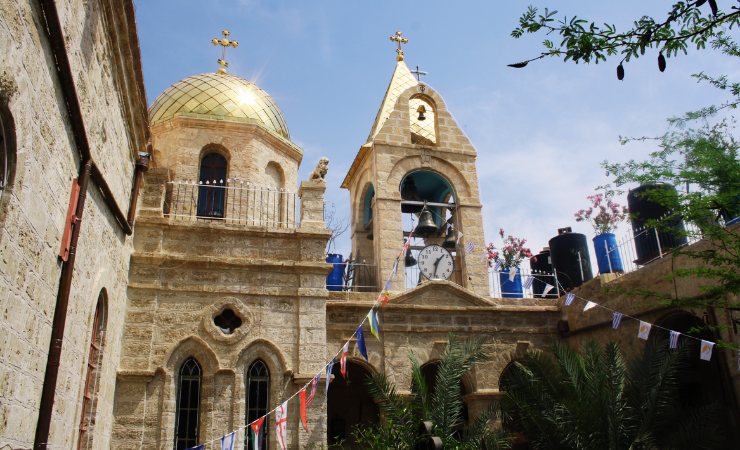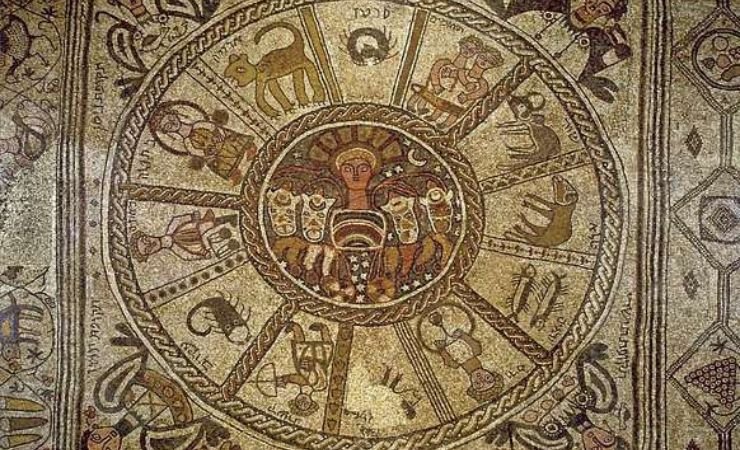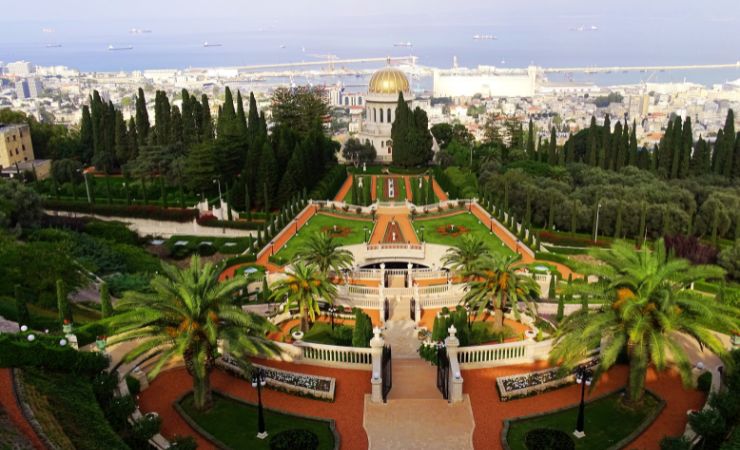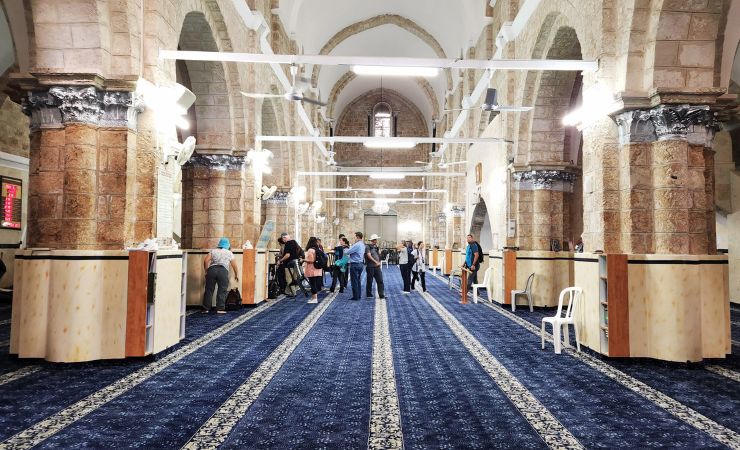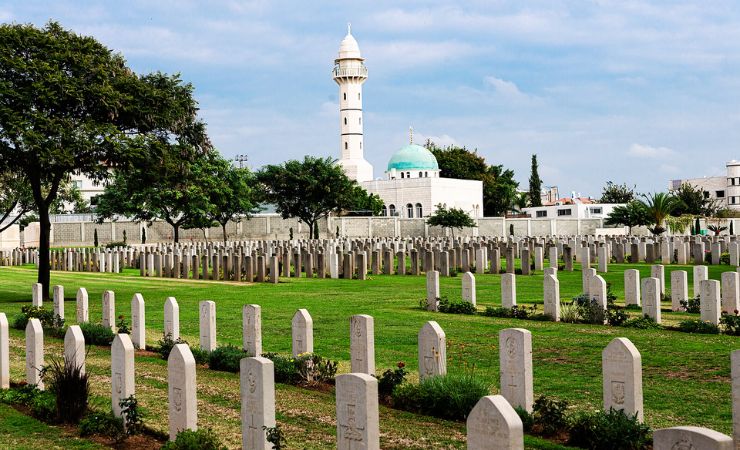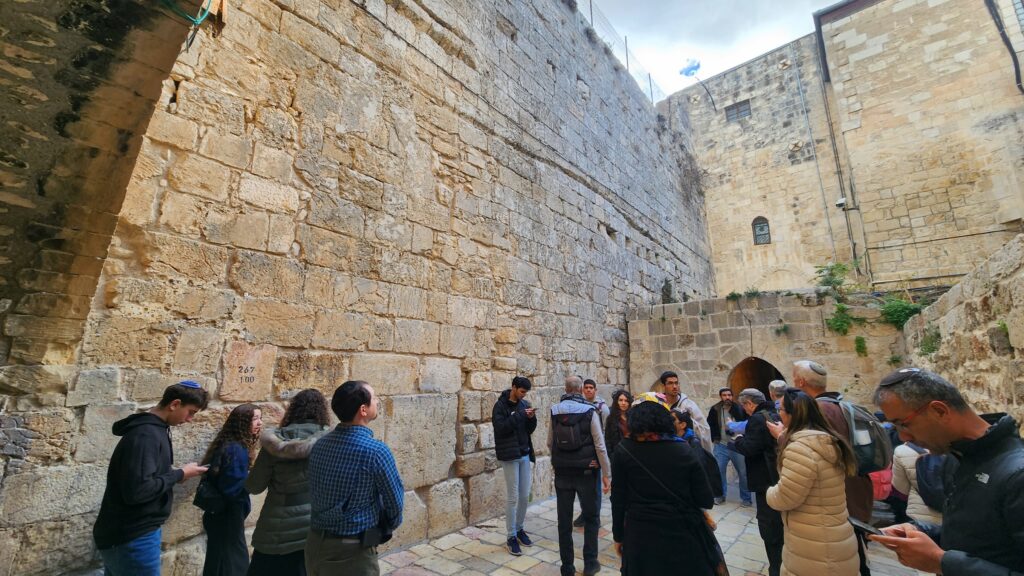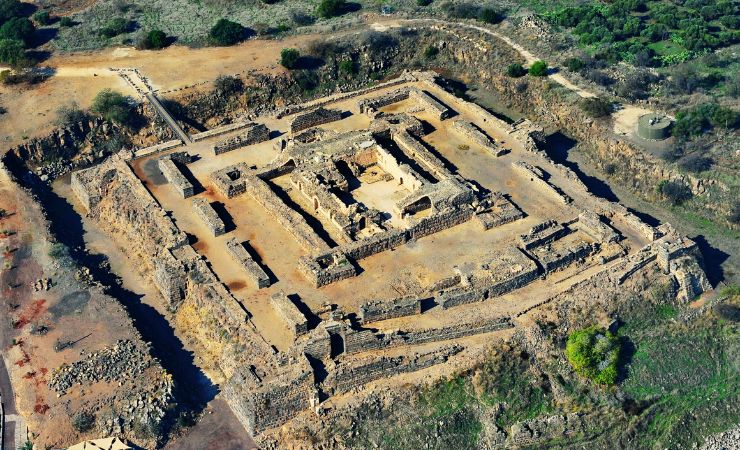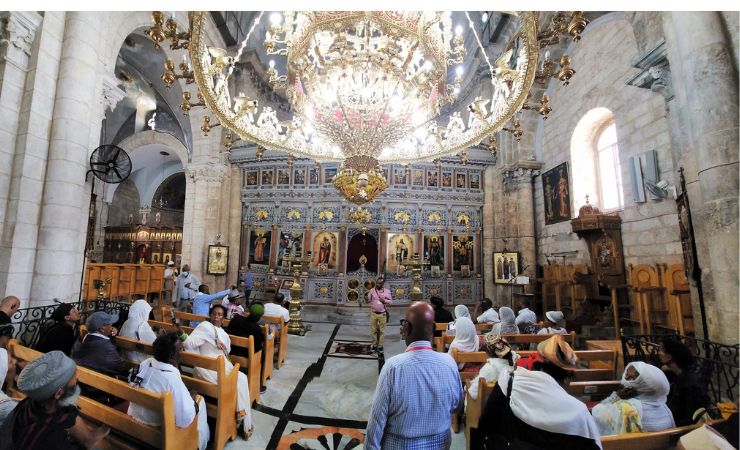St. Gerasimus Monastery – Ancient Monks and a Loyal Lion in the Desert
Just a few kilometers from the Jordan River, sits one of the region’s oldest and most storied monasteries: the Saint Gerasimus Monastery, or as it’s affectionately known in Arabic, Deir Hajla.

